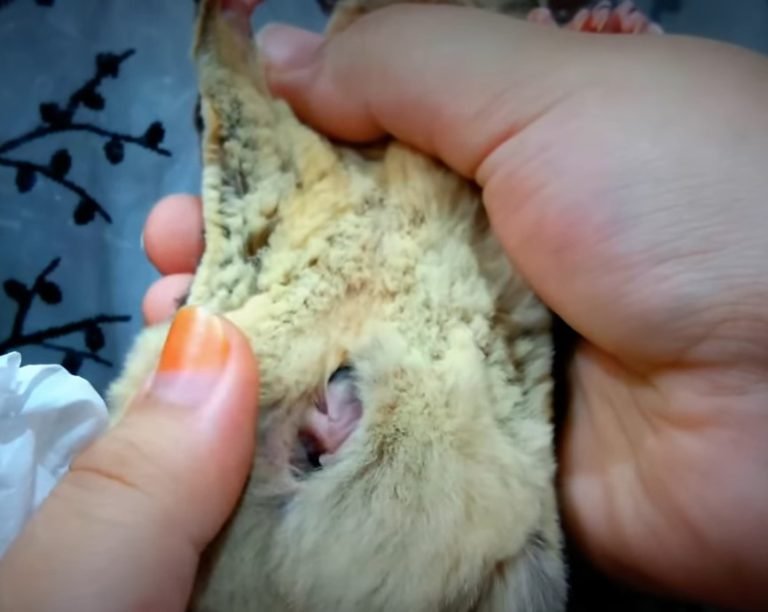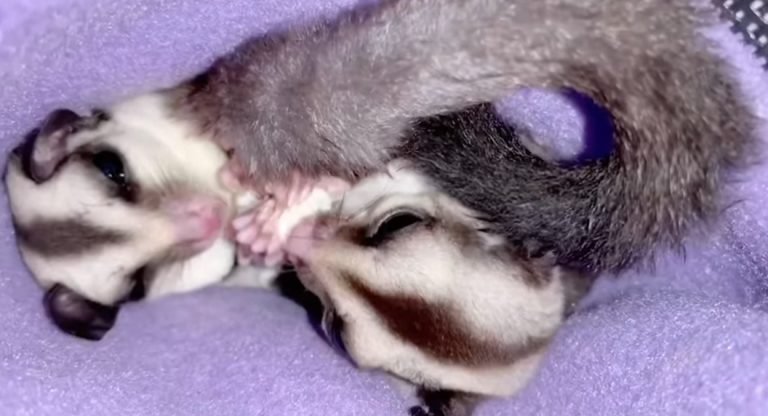Sugar Glider Emotional Support Animal
Sugar Glider Emotional Support Animal
If you’re searching for a unique and affectionate emotional support animal (ESA), look no further than the sugar glider. These small marsupials have gained popularity as ESAs due to their social nature, intelligence, and ability to form deep bonds with humans. In this article, we will explore the benefits of having a sugar glider as an emotional support animal and provide a comprehensive guide on how to care for them.
Understanding the Role of an Emotional Support Animal
Before we delve into the specifics of sugar gliders as ESAs, let’s first understand what exactly an emotional support animal is. An ESA is a companion animal that provides emotional support and comfort to individuals with mental health conditions such as anxiety, depression, or post-traumatic stress disorder (PTSD). Unlike service animals, ESAs do not require any specialized training and can help their owners simply by their presence.
Why Sugar Gliders Make Excellent Emotional Support Animals
Sugar gliders have a variety of qualities that make them well-suited for the role of an ESA. Here are some key reasons why they are a popular choice:
1. Affectionate and Bonding: Sugar gliders are highly social animals that form deep bonds with their human owners. They crave interaction and companionship, making them excellent emotional support partners.
2. Intelligent and Trainable: Despite their small size, sugar gliders are intelligent creatures. They can be trained to perform simple tricks and can quickly learn to recognize their owner’s emotions and respond accordingly.

3. Calming and Comforting: Sugar gliders have a calming effect on their owners. Their gentle nature, soft fur, and the rhythmic motion of their gliding provide a soothing and comforting presence.
4. Low Maintenance: Sugar gliders are relatively low maintenance pets, making them suitable for individuals with busy lifestyles. They require a proper diet, regular veterinary care, and a clean living environment to thrive.
5. Adorable and Fun: Let’s face it – sugar gliders are undeniably cute! Their big eyes, fluffy tails, and playful antics bring joy and amusement to their owners, helping to uplift their spirits.
Caring for a Sugar Glider Emotional Support Animal
Owning a sugar glider as an ESA comes with certain responsibilities. Here are some essential aspects to consider when caring for a sugar glider:
1. Diet and Nutrition
Sugar gliders have specific dietary needs that must be met in order to keep them healthy. They require a balanced diet consisting mainly of fruits, vegetables, and protein sources such as insects or commercial glider food. It’s important to consult with a veterinarian experienced in sugar glider care to ensure your pet’s nutritional needs are being met.
2. Housing and Environment
Sugar gliders need a spacious enclosure that allows them to climb, glide, and explore. A large wire or mesh cage with plenty of perches, branches, and toys is ideal. The enclosure should be kept in a quiet area, away from drafts and direct sunlight. Provide bedding material such as fleece or paper bedding for nesting.
3. Socialization and Bonding
Sugar gliders are highly social animals and need daily interaction with their human owners. Spend quality time with your glider bonding through play, grooming, and gentle handling. It’s important to note that sugar gliders are nocturnal creatures, so they are most active during the evening and night hours.
4. Veterinary Care
Regular veterinary check-ups are crucial for maintaining the health and well-being of your sugar glider. Find a veterinarian who specializes in exotic animals and ensure your pet receives vaccinations, parasite prevention, and routine health screenings.
5. Emotional Well-being
Sugar gliders thrive on companionship, so it’s important to provide them with mental and emotional stimulation. This can be achieved through interactive toys, environmental enrichment, and ample opportunities for climbing and exploring. Additionally, establishing a consistent daily routine helps promote a sense of stability and security for your pet.
Frequently Asked Questions
1.Are sugar gliders legal ESAs?
Yes, sugar gliders can be considered emotional support animals in many states. However, it’s essential to check with your local laws and regulations regarding ESAs to ensure compliance.
2.Do sugar gliders require any special permits or licenses?
Some states may require a permit or license to own a sugar glider. It’s important to research and understand the legal requirements of your specific area before acquiring a sugar glider as an ESA.
3.Can sugar gliders be trained to perform specific tasks?
While sugar gliders can be trained to some extent, they are not as trainable as dogs or other service animals. Their intelligence allows them to learn basic commands and tricks, but their main role as an emotional support animal is to provide companionship and comfort.
4.What are the potential drawbacks of owning a sugar glider as an ESA?
Owning a sugar glider as an ESA requires commitment and responsibility. They have specialized needs and can live up to 15 years, requiring long-term care. Additionally, sugar gliders are nocturnal animals, meaning they are most active during the night, which may not align with everyone’s schedule.
Final Thoughts
Sugar gliders can offer immense emotional support and companionship to individuals dealing with mental health conditions. Their affectionate nature, intelligence, and unique characteristics make them excellent choices as ESAs. However, it’s crucial to thoroughly research and understand the specific care requirements of sugar gliders before making the decision to bring one into your home. With proper care and attention, a sugar glider emotional support animal can bring joy and comfort to your life.






